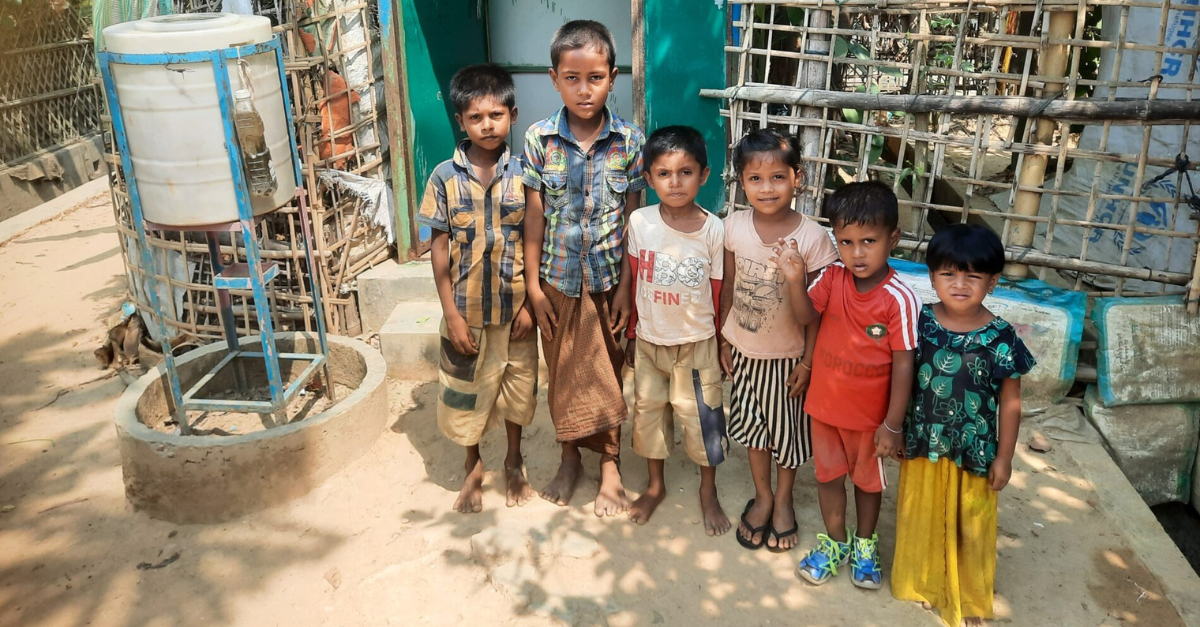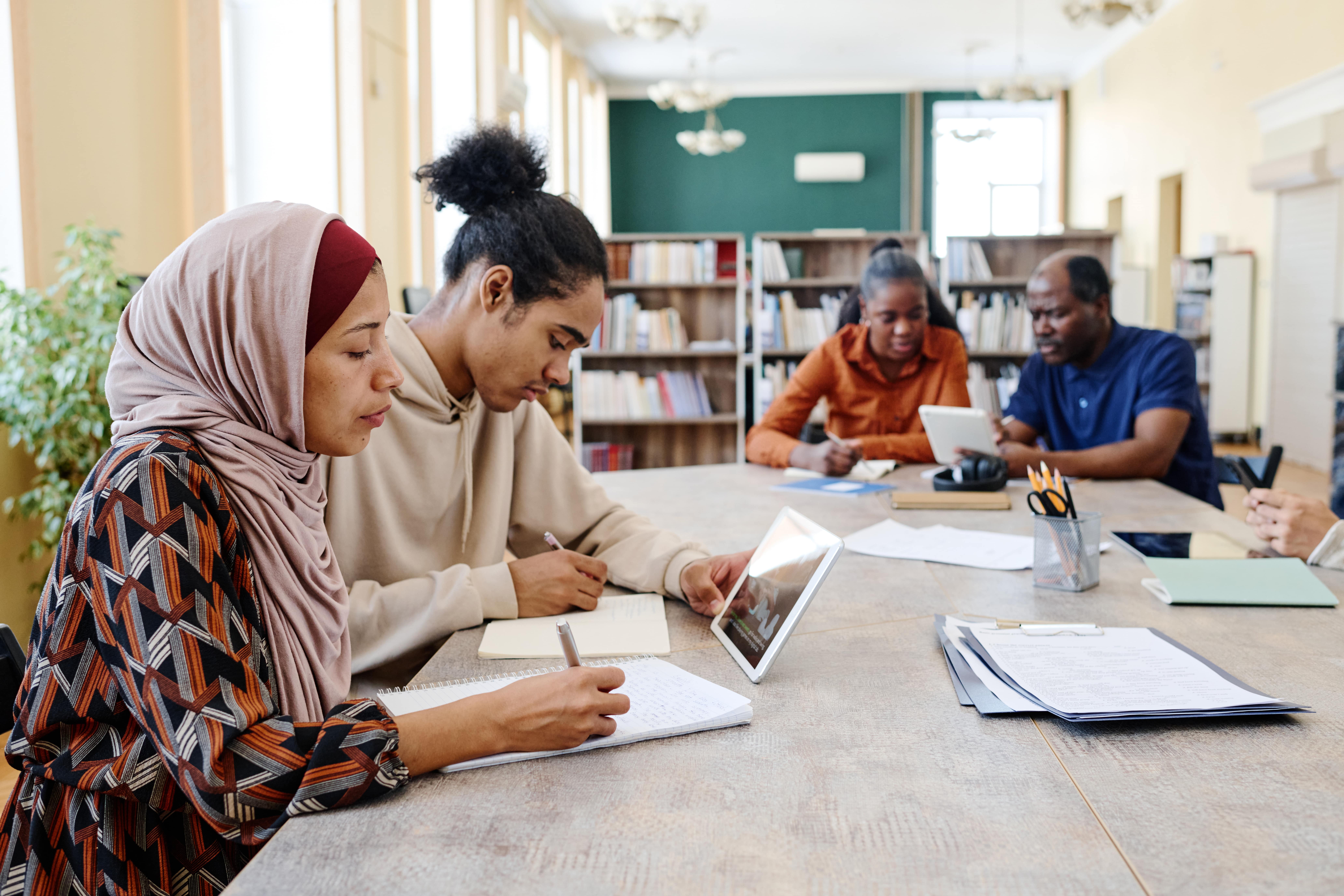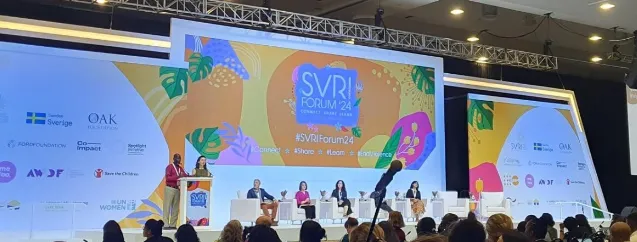Introducing the Faecal Sludge Management System

GOAL and Sanergy are partnering with the Humanitarian Innovation Fund to develop suitable sanitation solutions for urban emergencies where both time and space are in limited supply. By improving on the idea of “flying toilets”, we aim to create a safe and easy-to-manage rapid-response Faecal Sludge Management system.
What is the problem?
Rapid on-set urban emergencies caused by man-made or natural disasters often lead to large numbers of people taking shelter in relatively small zones. These areas generally lack the necessary basic infrastructure to accommodate sudden large scale arrivals. Adequate sanitation facilities are essential to prevent the, all too common, water-borne diseases that accompany crowded living conditions. However, the ability to install latrines in these situations is often compromised due to spatial restrictions.
Residents therefore need to resort to ad hoc solutions, such as hanging latrines, open defecation and the ubiquitous “flying toilets” whereby plastic bags are used for defecation before being tossed into ditches, garbage piles or simply wherever they might land. While these bags have the advantage of simplicity, affordability, availability and personal safety (as people, especially women and children, do not need to leave their homes for using the latrines), their random disposal method creates a health hazard, attracting flies, clogging up drainage systems and contaminating water sources.
What is our innovative solution?
Rather than dismissing flying toilets as a health hazard and a nuisance, GOAL and Sanergy have recognised them as an ingenious local solution to sanitation problems. With support from the Humanitarian Innovation Fund, GOAL and Sanergy propose to build on the idea of flying toilets to develop a rapid response Faecal Sludge Management (FSM) kit that enables bag-based sanitation systems to be easily and safely disposed of in the early stages of an emergency. This system could be quickly deployed to locally consolidate and contain excreta, enabling it to be easily transported to a final disposal point, limiting the potential negative health effects. The project will also explore the link between humanitarian responders (such as GOAL) and social enterprises (such as Sanergy), with the aim to define possible linkages in emergency responses, as well as the gradual handover from humanitarian agencies to social enterprises as a reliable exit strategy.
The project will be rolled out over 4 phases:
Phase 1: will focus on background research and development of specifications for the technology. Partners will also be identified, which is important to ensure the proposed innovation meets the needs and practicalities of other humanitarian actors.
Phase 2: will focus on the development and testing of the prototype for Bulk Consolidation Containers (BCCs) and a modular transfer station kit. The goal of the BCCs is to create a safe-holding area for faecal sludge until it can be transported to a specified location for further treatment or disposal. We will also establish and test linkages between the humanitarian sector and social enterprise and preparedness planning.
Phase 3: will focus on trial design, development, fabrication and testing. Partners will be kept informed of technology developments. The goal will be to decide if any design changes need to be made to meet initial design targets. The proposed exit strategy will also be assessed to see if it meets the needs of humanitarian organisations and social enterprises.
Phase 4: will include final tests, and the development of a project summary and plan for expansion paper. These will define if the design and unit cost are suitable for large-scale testing and deployment.
Stay updated
Sign up for our newsletter to receive regular updates on resources, news, and insights like this. Don’t miss out on important information that can help you stay informed and engaged.
Related articles



Explore Elrha
Learn more about our mission, the organisations we support, and the resources we provide to drive research and innovation in humanitarian response.